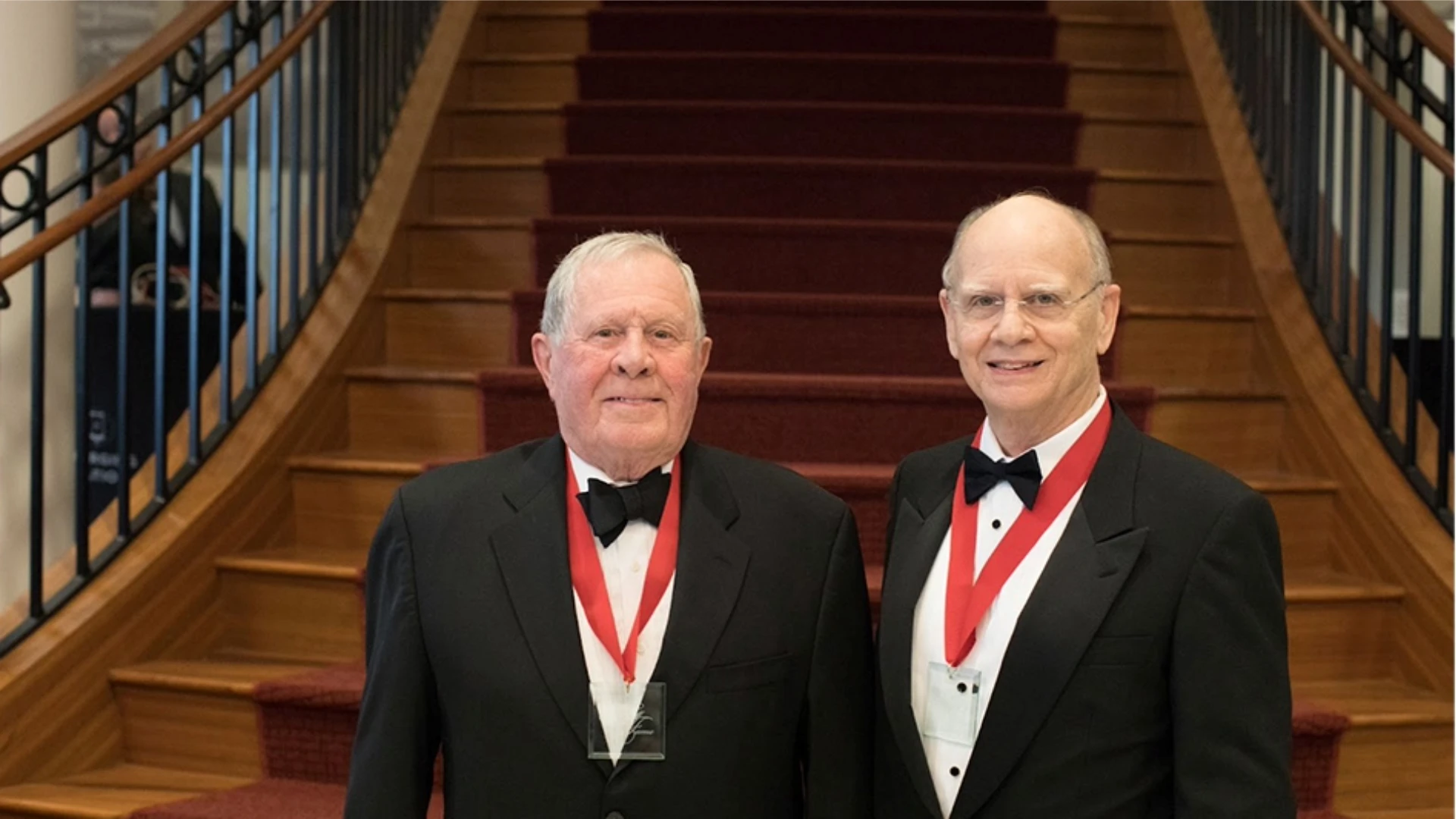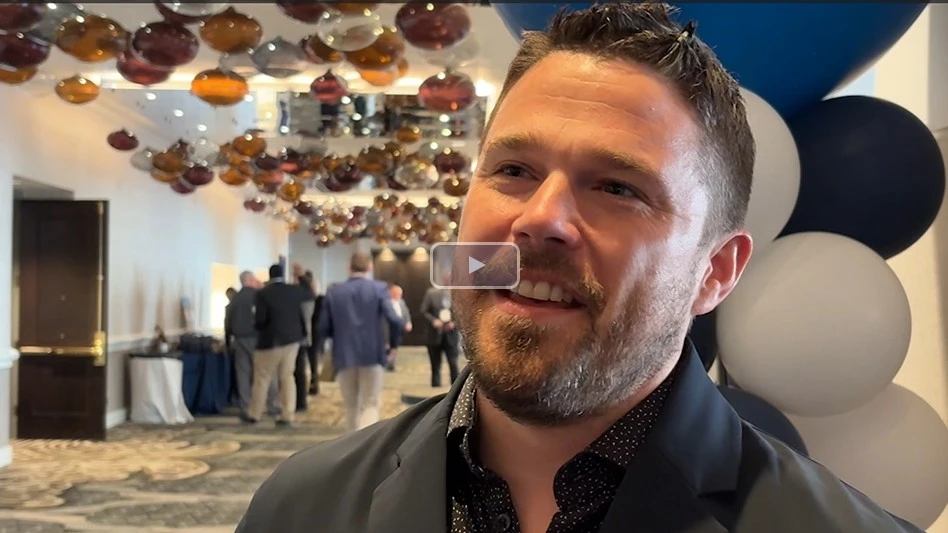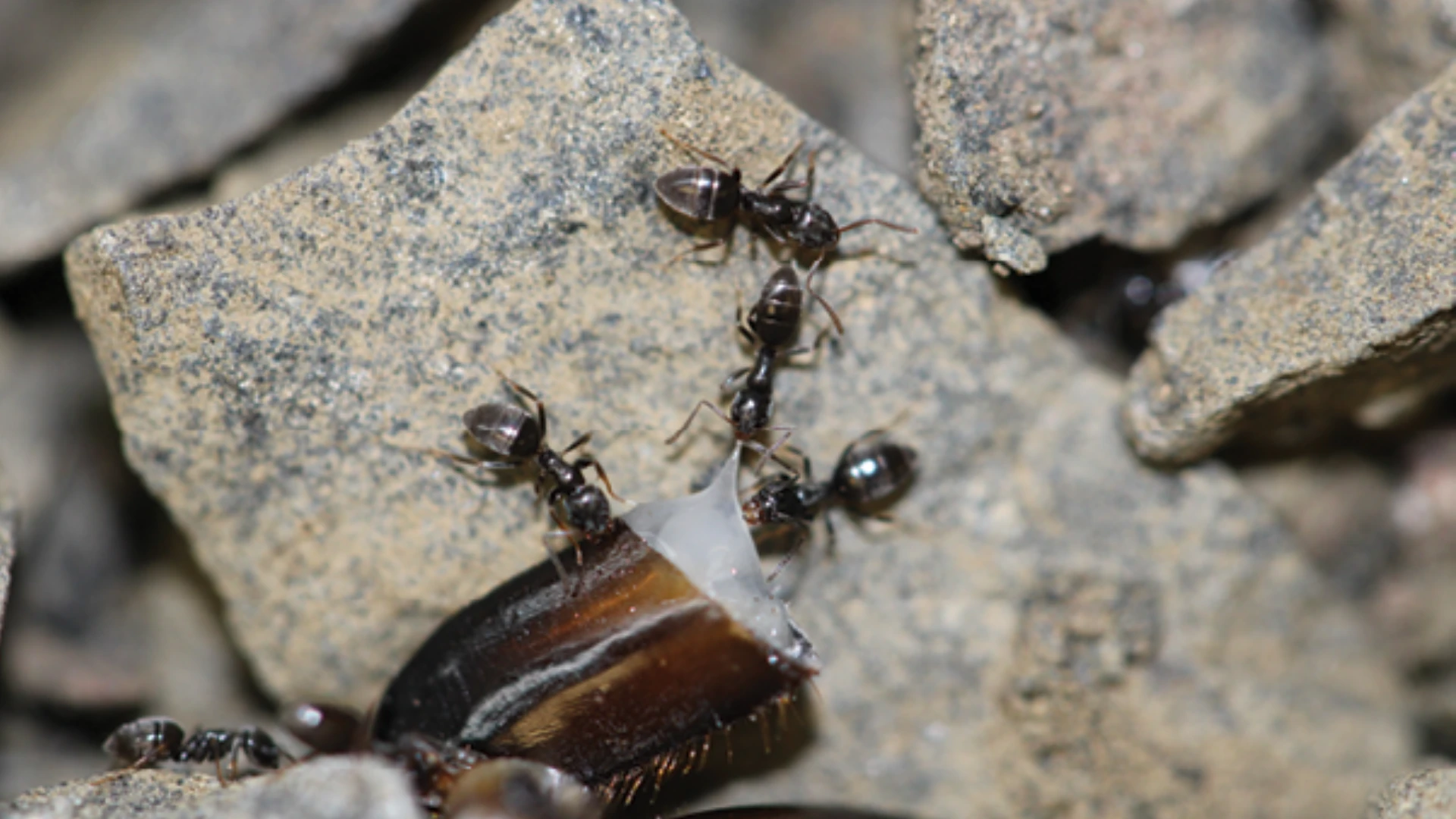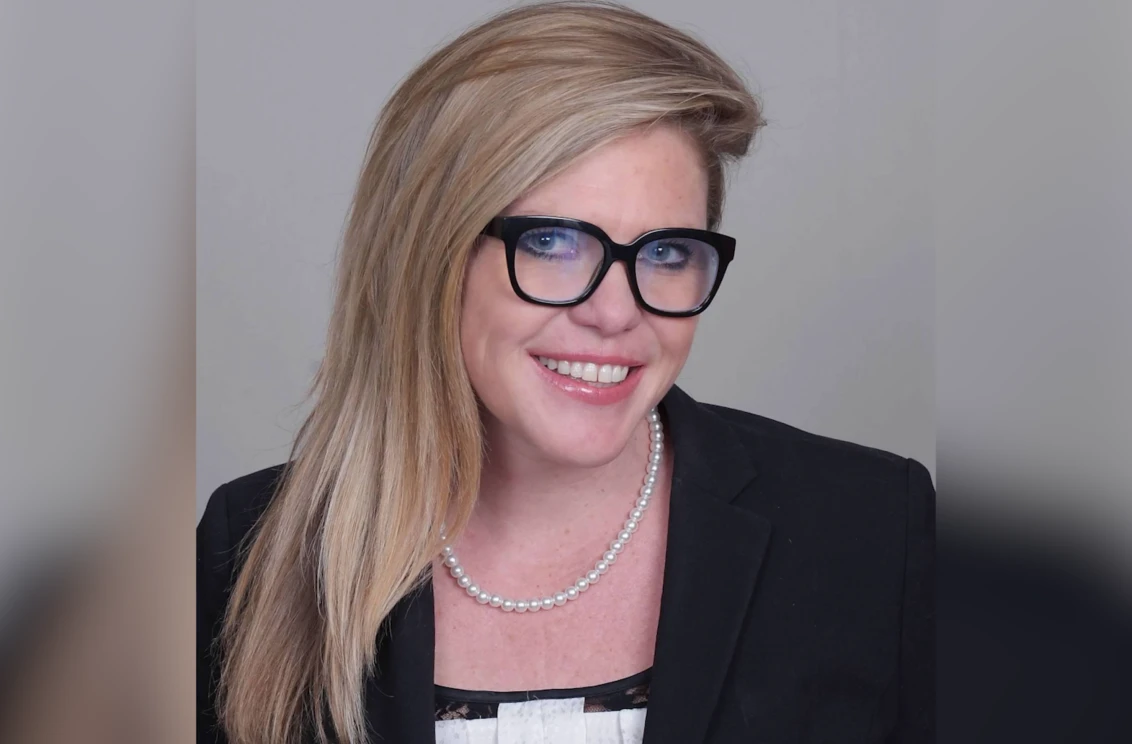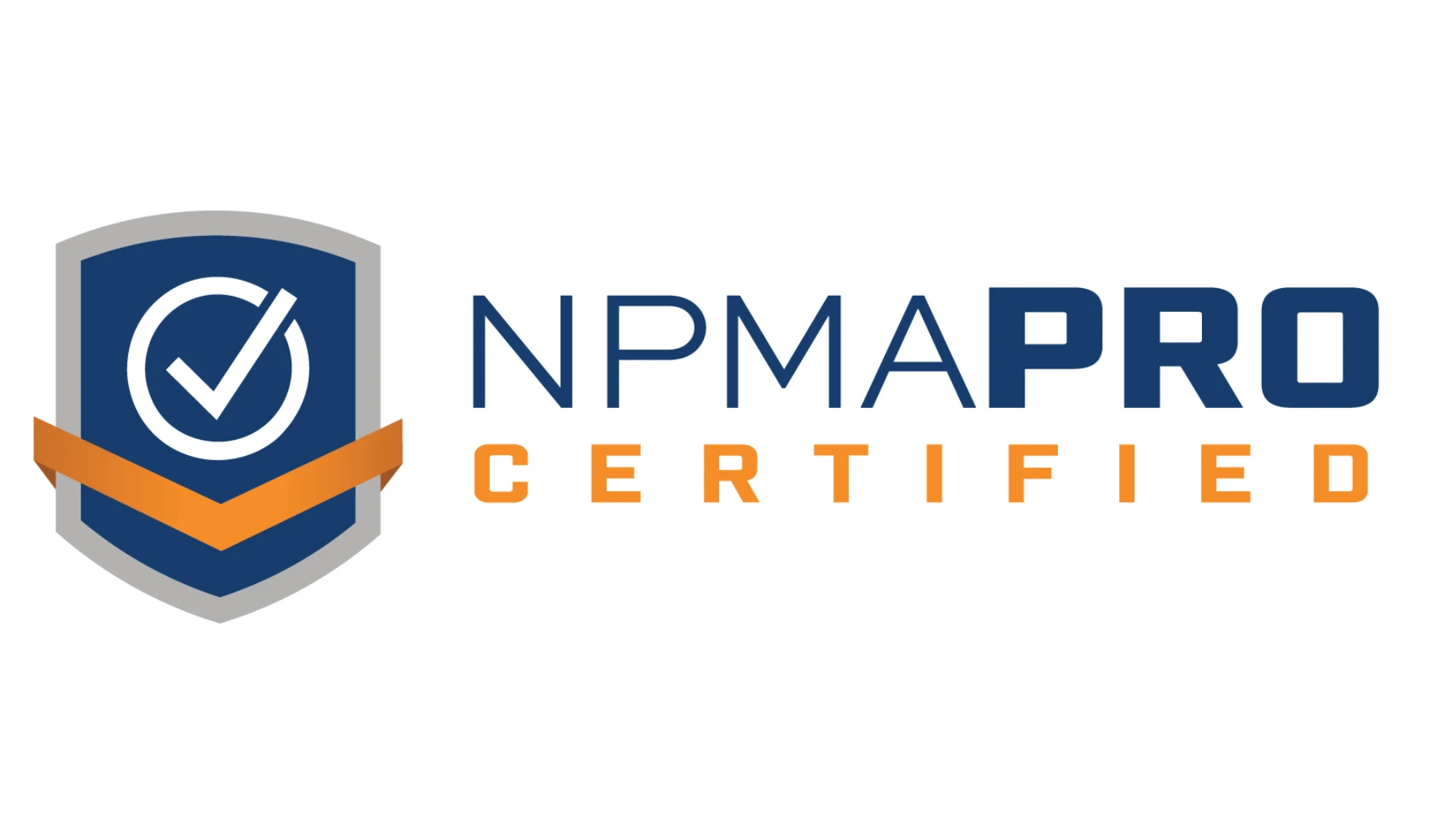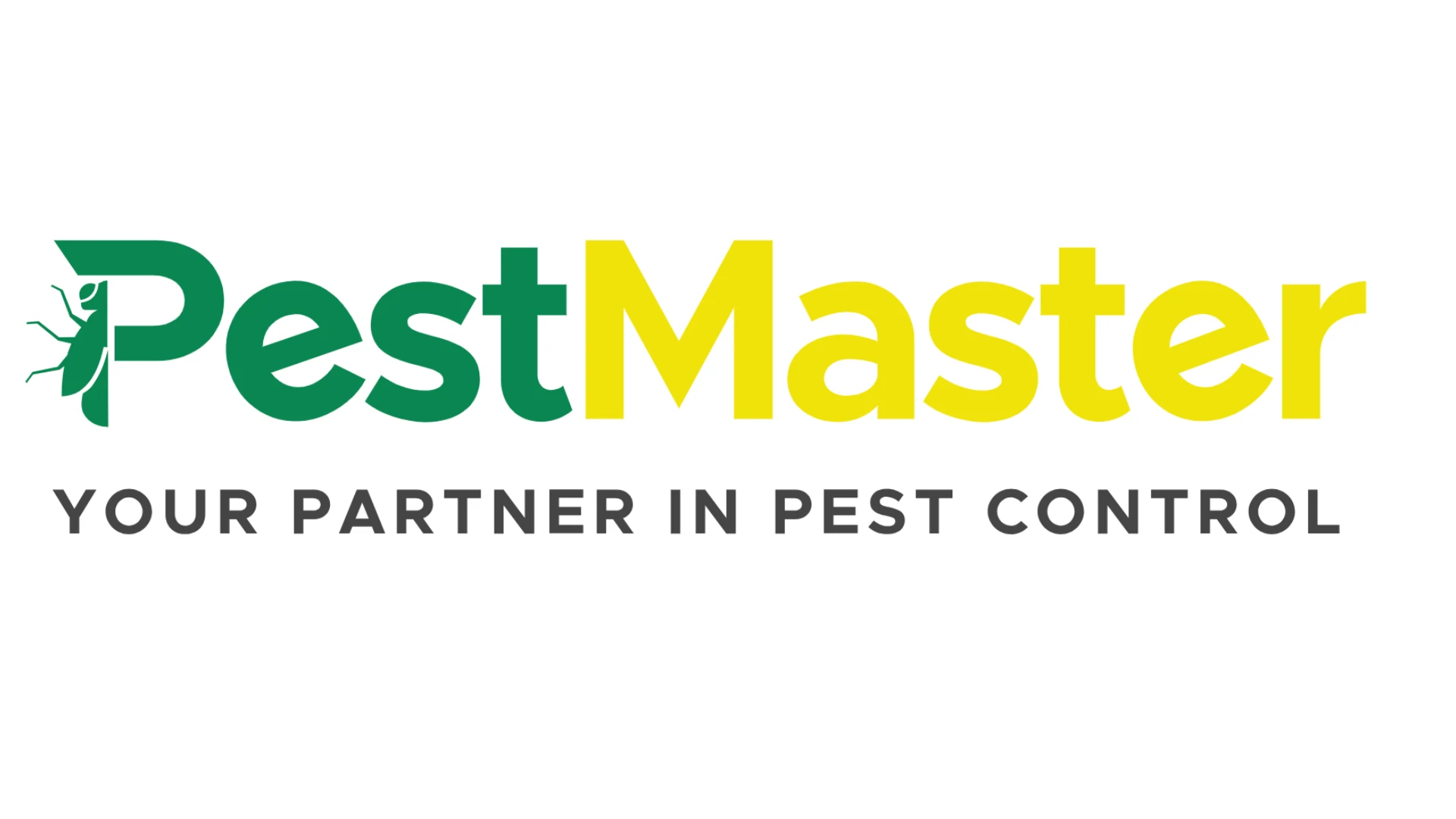While PCOs have no control over the current challenging economic conditions under which they operate, that’s not to say the principles that have helped them build successful businesses are much different. At the end of the day PCOs grow their companies by maximizing revenues from existing clients/service offerings and finding new revenue streams by adding service offerings that are a good fit for their business model and for the markets they serve.
It’s for this reason that more than 100 PCOs traveled to Orlando, Fla., in February to listen to and interact with speakers at PCT’s “Growing Your Business Summit: Successful Growth Strategies in Challenging Economic Times.”
Throughout the three-day seminar attendees heard from PCOs who shared some of the successes they have achieved by fine-tuning their business models. Cindy Mannes, chief marketing and strategy officer, Arrow Exterminators, kicked things off by discussing sustainability. Mannes noted that sustainability is different from “green” because green only involves environmental issues, while sustainability encompasses social, economic and environmental issues. Mannes said that in practice sustainability is the art of doing business in an interdependent world and “operating a pest control business as to grow and earn profit while recognizing and supporting the economic and non-economic aspirations of people both inside and outside the organization on whom we depend on for success.” Other highlights included:
As part of Arrow’s sustainability efforts in regards to company growth, Arrow has identified emerging markets and launched new services. For example, Kevin Burns, corporate development officer, Arrow Exterminators, reviewed how in 2006 Arrow developed and executed a business plan to break into the emerging wildlife management sector. Some of the key issues Arrow considered prior to launching this plan included: Staffing considerations; the introduction of a training program; the identification of in-house training experts; OSHA training (fall protection); licensing and regulation considerations; how much of a financial investment would be required; and how much profit potential exists. While Burns acknowledged that there are challenges in this line of work (e.g., checking traps daily), overall the business plan has been a success, having generated more than $3.7 million this past year.
SELF-PROMOTION. Another major theme throughout the conference was the success some companies have had promoting existing services. For example, Bobby Jenkins, president of ABC Pest & Lawn Services, Austin, Texas, reviewed how his company’s rodent control services took off after they began actively marketing/advertising it. ABC’s rodent service concentrates heavily on exclusion (inspection; construction; sealing; and trapping), which has fit nicely into the company’s green initiatives. An important reason why this service has taken off in recent years has been targeted advertising – including television commercials that specifically promote the company’s rodent exclusion services.
“ADD-ON” SERVICES. Dean Burnside, owner and president of Macy’s Termite and Pest Control, N. Venice, Fla., discussed some of the rewards his company has found with the “green” market. A major key to the company’s success has been developing strategic alliances with the green community. The company also will attend and exhibit in green-related tradeshows and entered (and won) awards from the 2008 Natural Choice Awards competition: “It Isn’t Easy Being Green Award” and “Favorite Environmentally Conscious Company.” This type of involvement has helped the company become regarded as leaders in the green industry
Phil Cooper, president of Cooper Pest Solutions, Lawrenceville, N.J., shared with attendees how his company has profited from the re-emergence of bed bugs. Cooper reviewed how the company has learned from its early mistakes. For example, the company now has a dedicated bed bug division and has developed a better pricing model.
John Wilson, division vice president, Orkin, discussed mosquito control and reviewed the Orkin mosquito control business model. Orkin has been successful using the marketing slogan “Take Back Your Yard,” to promote the importance of controlling mosquitoes, which can in some cases be disease-born. This slogan has been on literature that service technicians can leave behind at accounts, as well as throughout a neighborhood while “cloverleafing.” Wilson said Orkin’s greatest success has been from offices where the leader has been enthusiastic and aggressive about selling this program.
Tony Massey, president and COO of Massey Services, Maitland, Fla., reviewed the challenges and opportunities with lawn care. One of the advantages to offering lawn care is it’s easy to target potential customers. For example, finding leads can be as easy as driving through neighborhoods and spotting burned out lawns. But Massey cautioned attendees that one of the problems with offering lawn care is that if the lawn care customer is dissatisfied with the job your company does on their lawn, he or she may cancel not only your company’s lawn services, but its pest control services as well.
*******
PCT Recognizes Technicians of the Year at ‘Summit’
PCT recognized its 2008 Technicians of the Year during the PCT Growing Your Business Summit in Orlando.
Every year for the past 13 years, PCT has honored a trio of standout professionals in the commercial, residential and termite categories as part of its Technician of the Year Awards program. The trio are recognized with a feature in December PCT and presented with a plaque during a special ceremony at an industry event.
The 2008 honorees were:
Lee Gouty, Ehrlich/Rentokil, Pleasant Gap, Pa. — residential category
Gilbert Balart, Arrow Exterminators, Evans, Ga. — commercial category
Chris Sillinger, B&B Exterminating, Jacksonville, Fla — termite category
“This is an important program for PCT magazine because it is an opportunity to recognize a trio of service technicians who are representative of the service professionals from throughout the U.S. whose hard work and dedication are instrumental to your success,” PCT Internet Editor and Managing Editor Brad Harbison told attendees.
*******
Dan Gordon, president of PMP Wealthbuilders, provided attendees with several important pointers in his presentation “Building Your Business Through Expanded Business Offerings.” Gordon noted that although the economy is challenging, opportunities still exist for PCOs, and he said pest control has many advantages, including: pest control services are need-based — and sometimes mandated by law; pest control operators are used to operating in times of economic downturns (since pest control is seasonal in most areas of the country); the U.S. economy has become and will continue to be more service-based; money from the U.S. government stimulus package could trickle down; for the most part, costs are variable in this line of work.
Brad Chalk, business manager, Cheminova, shared with PCOs both challenges and opportunities inherent with the commercial market. Chalk noted that advantages include the fact that the commercial sector is still growing, even during challenging economic times. Another advantage to offering commercial services is that routes often are clustered – reducing costs. For example, PCOs could pick up several accounts within a shopping mall.
Pat Hottel, technical director, McCloud Services, Hoffman Estates, Ill., discussed food plant pest control. Hottel noted that this commercial segment offers growth opportunities, but it also requires service professionals with specialized skills and pest control companies adept at developing sophisticated service plans.
The seminar was sponsored by Whitmire Micro-Gen, Marathon Data Systems, Leaf Defier, Forshaw and Lipha-tech.
The author is managing editor of PCT magazine. He can be reached at bharbison@giemedia.com.
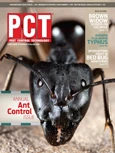
Explore the April 2009 Issue
Check out more from this issue and find your next story to read.
Latest from Pest Control Technology
- Massey Services Acquires Insight Pest Solutions (San Antonio)
- Target Specialty Products Expands Sales Leadership Team
- Mosquito Joe Promotes David Price to Vice President of Strategic Growth
- Abell Pest Control Recognized as One of Canada’s Best Workplaces in 2025
- Scorpion Launches Capacity Marketing Engine
- Petti Pest Control Owners Reflect on Finding Success as a Father-Son Duo
- Effective Mitigation of Crow Infestations
- Mosquito Control: Spraying vs. IPM
